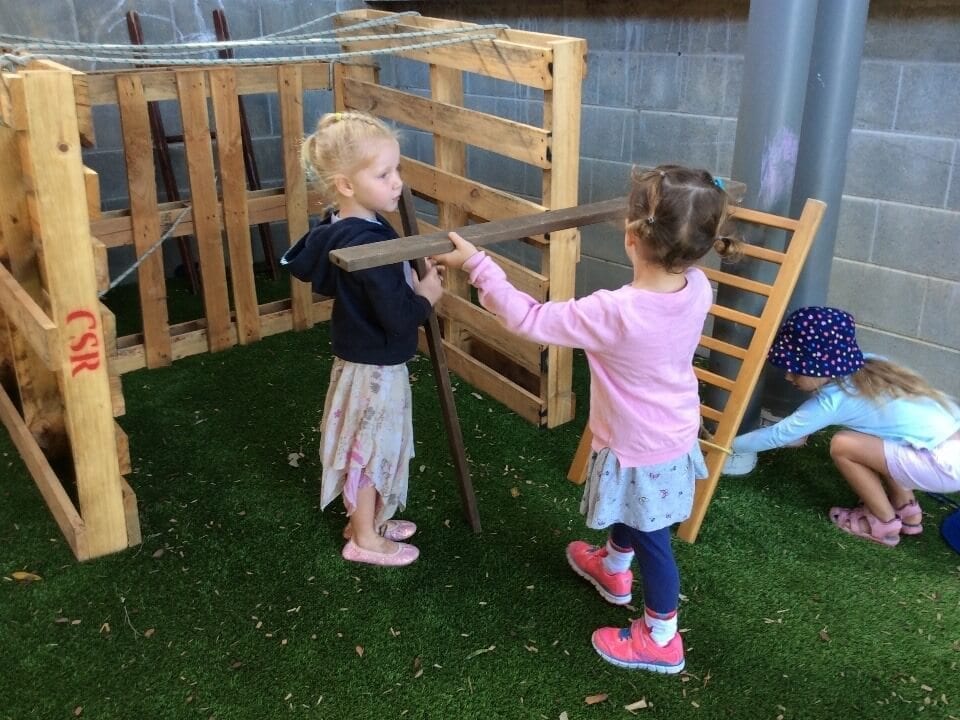Play is an essential part of a child’s development. It is a way for children to have fun and be creative and helps them learn and grow in various ways. From physical development to social skills and cognitive function, Play has many benefits for children of all ages.
The Top 5 Reasons Play Is So Important For Kids
1. Physical Development
Play is crucial for physical development in children. Through Play, children can develop gross motor skills, such as running, jumping, and climbing, as well as fine motor skills, such as hand-eye coordination and manual dexterity. Physical activity also promotes healthy habits and can help prevent obesity and other health issues.
2. Social Skills
Playing with others helps children develop social skills such as communication, sharing, and cooperation. Playing with other children teaches them how to negotiate and resolve conflicts. This interaction also helps children develop empathy and understanding of others, essential for building relationships and developing friendships.
3. Cognitive Function
Play is also essential for cognitive development in children. Play can help children develop problem-solving skills, creativity, and imagination. They learn to explore and experiment with new ideas, which allows them to develop critical thinking skills. Play can also help children develop memory and attention skills, which are important for academic success.
4. Emotional Development
Play helps children develop emotional intelligence and resilience as they learn to manage their feelings, cope with challenges, and build self-confidence.
5. Language Development
Play helps children develop their language skills as they engage in conversations, listen to stories, and engage in imaginative Play that involves storytelling and role-playing.

Play is essential for children’s growth and development. It helps them learn and develop in a fun and engaging way and provides them with valuable skills that they will use throughout their lives.
Types of Play
There are many different types of Play that children can engage in, including:
Free Play: Free or unstructured Play allows children to explore and create their own experiences without adult-directed rules or goals; essentially, children can play in any way they choose, creating independence.
Imaginative Play: Imaginative Play is where children create and act out their own stories, scenarios, and characters using their imagination. It can involve dress-up, role-playing, and pretend play with toys that all assist in the development of language, emotional intelligence, negotiation and social skills.
Physical Play: Physical Play is a type of Play that involves physical movement and activity. It can include running, jumping, climbing, throwing, and balancing exercises. Physical Play can be structured (organised sports, games) and unstructured (free Play) and can occur indoors and outdoors. Physical Play is vital for children’s development as it helps them develop their physical skills, including gross and fine motor skills, coordination, balance, and spatial awareness. It also helps children develop their social skills, as physical Play often involves interaction and cooperation with other children. Additionally, physical Play allows children to release energy, manage stress, and improve their health and well-being.
Constructive Play: Constructive Play involves creating, building, and designing things using different materials such as blocks, Lego, or other building materials. It can include following instructions to build specific objects or creating unique designs and structures using one’s imagination.
Constructive Play is important for children’s development as it helps them develop their problem-solving and critical-thinking skills. Additionally, constructive Play can allow children to learn about balance, gravity, and physics concepts.
Social Play: Social Play is a type of Play that involves children interacting with one another, either in structured or unstructured activities. Social Play can include cooperative Play, board games, and team sports. It develops their social skills, including communication, cooperation, negotiation, and empathy. It also helps children develop emotional intelligence and learn how to manage their feelings in different social situations. Social Play can allow children to learn about other cultures, perspectives, and ways of thinking. It also helps children build friendships and develop a sense of belonging and community.
Nature-Based Play: Nature-based Play is a type of Play that takes place in natural outdoor settings, such as parks, gardens, forests, and beaches. It involves exploring and interacting with the natural environment, such as climbing trees, jumping over rocks, building forts, and collecting leaves and rocks. Nature-based Play is essential for children’s development as it allows them to connect with the natural world and develop a sense of appreciation and respect for the environment. It also provides opportunities for physical activity, creativity, and imaginative Play.
In addition, nature-based Play can provide children with opportunities to learn about scientific concepts such as ecology, biology, and geology.
Risk-Based Play: “Risk-based play” is an approach to children’s Play that encourages them to take appropriate risks while playing to help them develop essential skills such as problem-solving, decision-making, and resilience. The idea is to create an environment that allows children to engage in activities that may be challenging or scary but that are ultimately safe and controlled. By taking these risks and facing challenges, children can build confidence and learn valuable lessons that will serve them well throughout their lives.
Play is essential for a child’s development and should be an integral part of every child’s life. Through Play, children develop physically, socially, and cognitively. At Imagine Early Learning & Childcare, we encourage Play in all its forms and provide opportunities for children to explore, experiment, and have fun. By doing so, we hope children attending our centres grow into happy, healthy, and well-rounded individuals.
The childcare and daycare programs at Imagine are underpinned by research that shows play-based programs for young children can provide a strong basis for later success at school.
Our inquiry-based approach to learning is supported through nurturing interactions between childcare educators and children. These interactions are warm and responsive to children’s need for comfort and security, stretching their thinking to higher levels.
How we organise the play environment, select resources and interact with the children is designed to support children’s thinking skills to solve problems, inspire imagination and creativity, explore, experiment and ask questions. Contact us if you’d like to learn more about our childcare programs.

